Get your mental workout and boost brain health with games because chess or crosswords help with dementia risk and offer more than socializing, a new study says!
Did You Know Playing Chess And Crosswords Help With Dementia Risk?
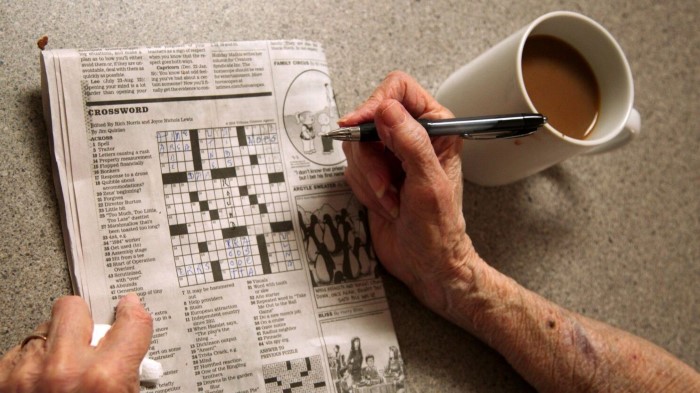
In a groundbreaking study conducted by Monash University, researchers have unveiled some fascinating discoveries about dementia prevention in older adults.
Published in JAMA Network Open, the study reveals that certain activities like playing chess, or crosswords help prevent dementia risk more than other activities.
Drawing data from over 10,000 Australians aged 70 and older, the researchers delved into the world of leisure activities to uncover their impact on cognitive health.
Read more here: Breaking: Substance Abuse In Older Adults Rises, Revealing A “Silent Epidemic”
You may ask yourself, “do crosswords help your brain?”, astonishingly, activities such as computer use, crosswords, and chess were found to be linked with a remarkable 9-11 percent lower risk of developing dementia.
So, for all the tech-savvy seniors out there, it seems your passion for computer games might be paying off in more ways than one!
But it’s not just the gaming enthusiasts who can celebrate. Engaging in adult literacy and mental acuity tasks, like taking education classes or keeping journals, was also associated with a significant risk reduction of up to 11 percent.
So, if you’ve been feeling guilty about your love for puzzles, remember that crosswords help with memory and you can now embrace them as an essential part of your cognitive workout!
Read more here: Expressing Creativity Improves Mental Health, Latest APA Poll Says
Interestingly, the study also looked at creative hobbies like knitting, painting, and crafting, which showed a more modest yet notable 7 percent risk reduction. It seems that channeling your inner artist can be beneficial for the brain as well!
Surprisingly, activities that are often associated with social engagement, such as expanding one’s social network or going out to restaurants and cinemas, did not show a clear link to dementia risk reduction.
This may sound counterintuitive, but the researchers suggest that active mental engagement, rather than passive recreational pursuits, might be the key to protecting cognitive health.
Senior author Associate Professor Joanne Ryan from Monash’s School of Public Health and Preventive Medicine emphasized the significance of their findings for the global fight against dementia.
With an estimated 55 million people living with dementia worldwide and 10 million new cases each year, the quest to prevent or delay dementia has become a pressing priority.
Associate Professor Ryan pointed out that while there’s no magical cure for dementia, the research indicates that actively stimulating the mind through various tasks might play a pivotal role in risk reduction.
It’s not just about finding the fountain of youth for our brains; it’s about staying curious, engaged, and continuously challenging ourselves.
So, whether you’re sharpening your mind with riddles, exploring the virtual realm of chess, or unleashing your creativity through art and crafts, these activities might be the secret ingredients to maintaining cognitive vitality as you age.
Ultimately, the study brings us one step closer to understanding the best ways to protect our minds as we grow older.
Read more here: Loneliness Is Dangerous, More Than A Bad Diet, Smoking, Or Depression, Says New Study
So, next time you’re contemplating how to spend your leisure time, remember that activities like crosswords help prevent dementia, and keeping your brain active and curious might be the wisest choice you can make for your cognitive well-being.
Share your thoughts in the comments below!
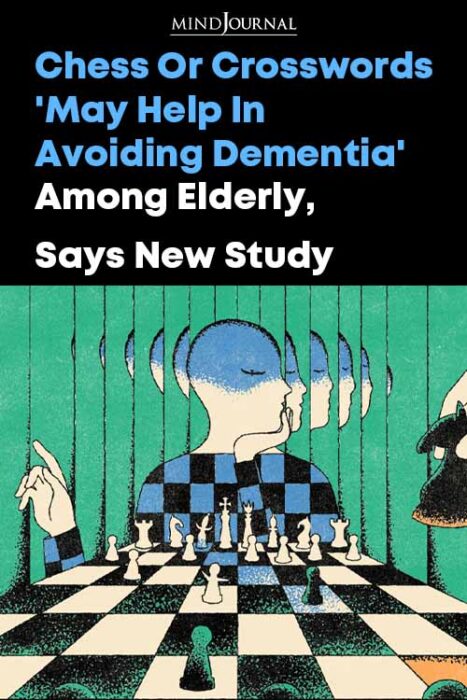
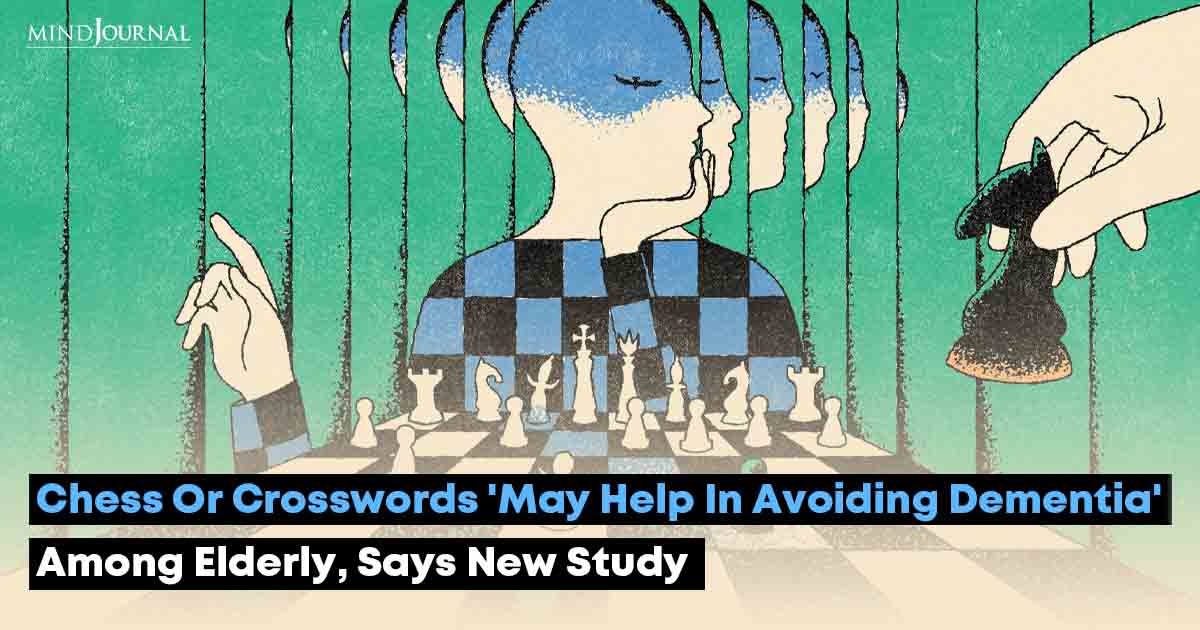
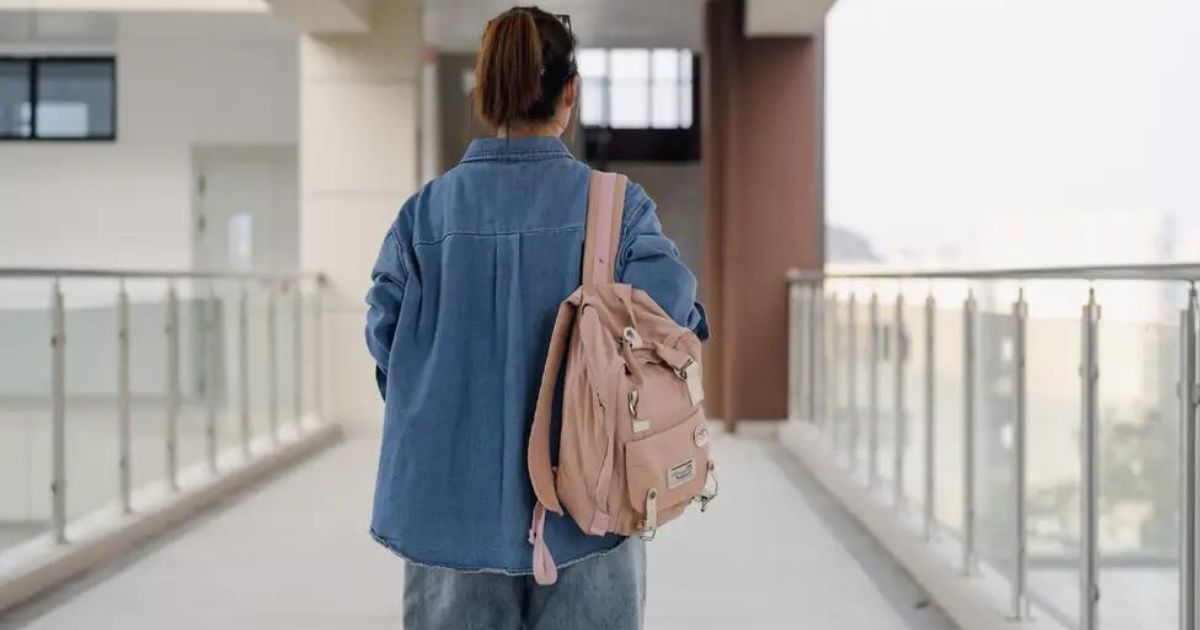

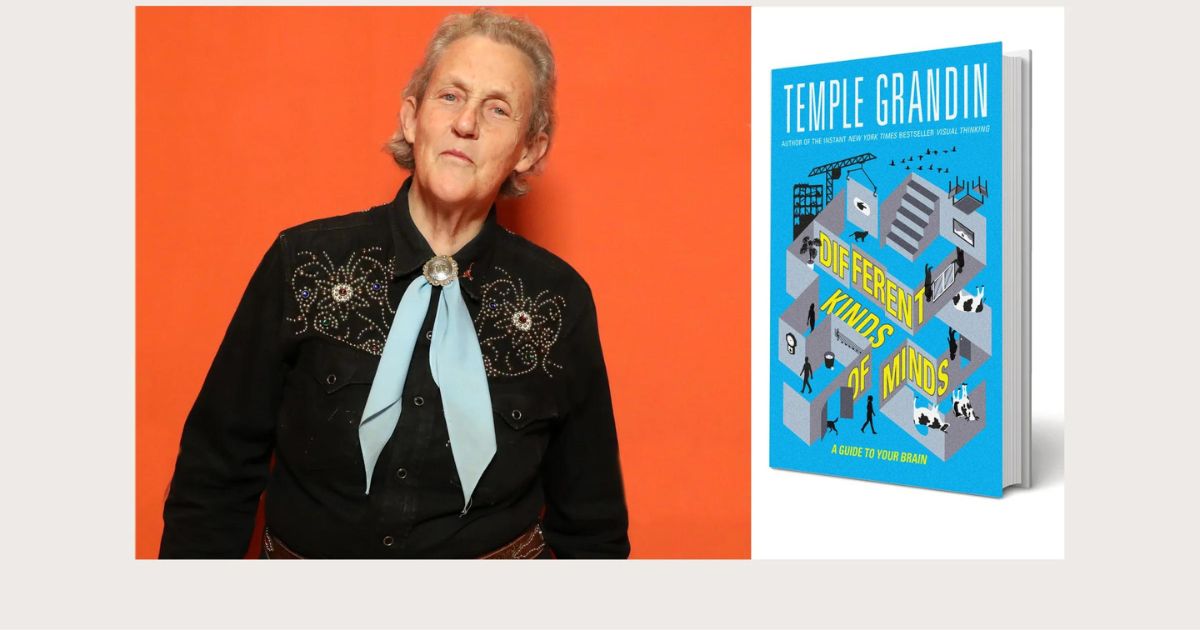


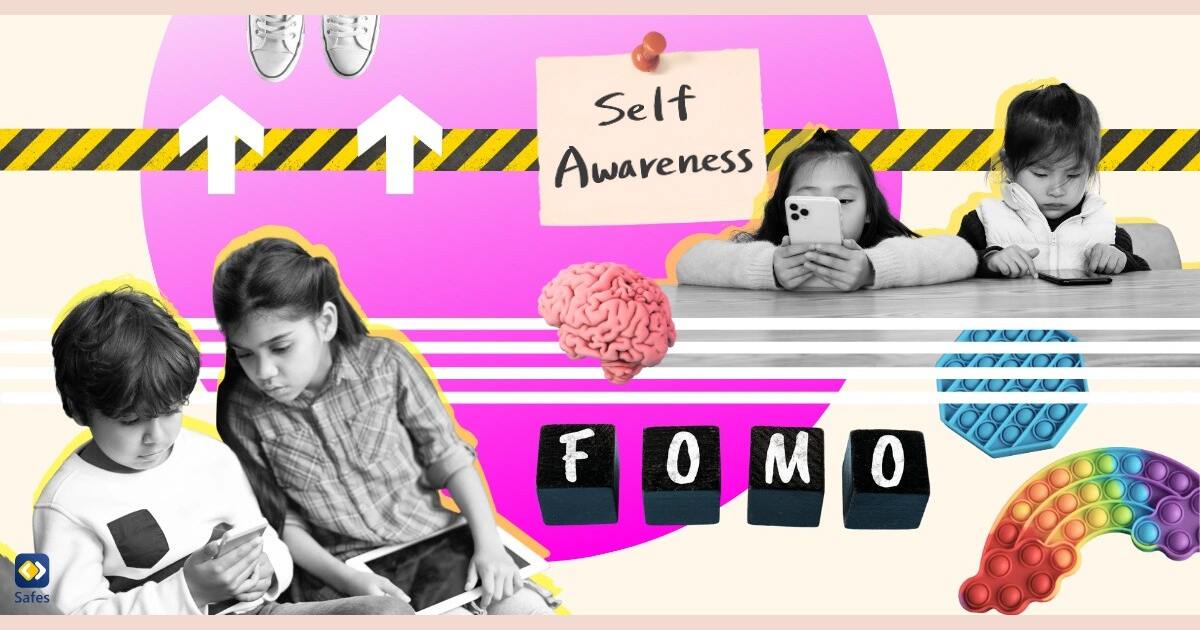
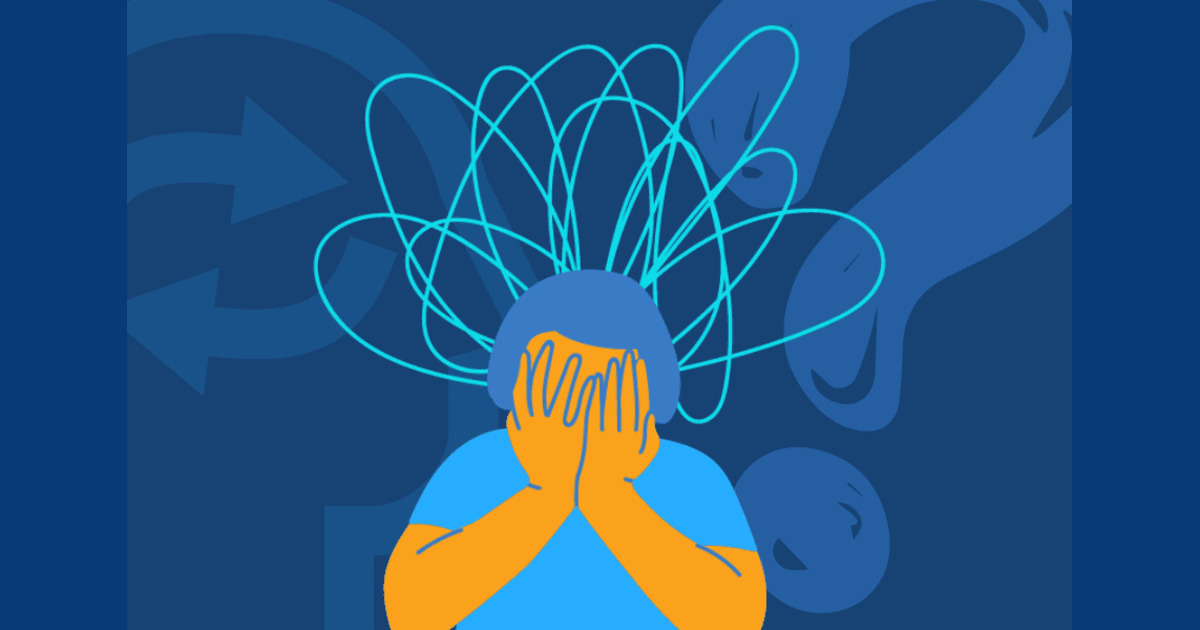
Leave a Reply
You must be logged in to post a comment.